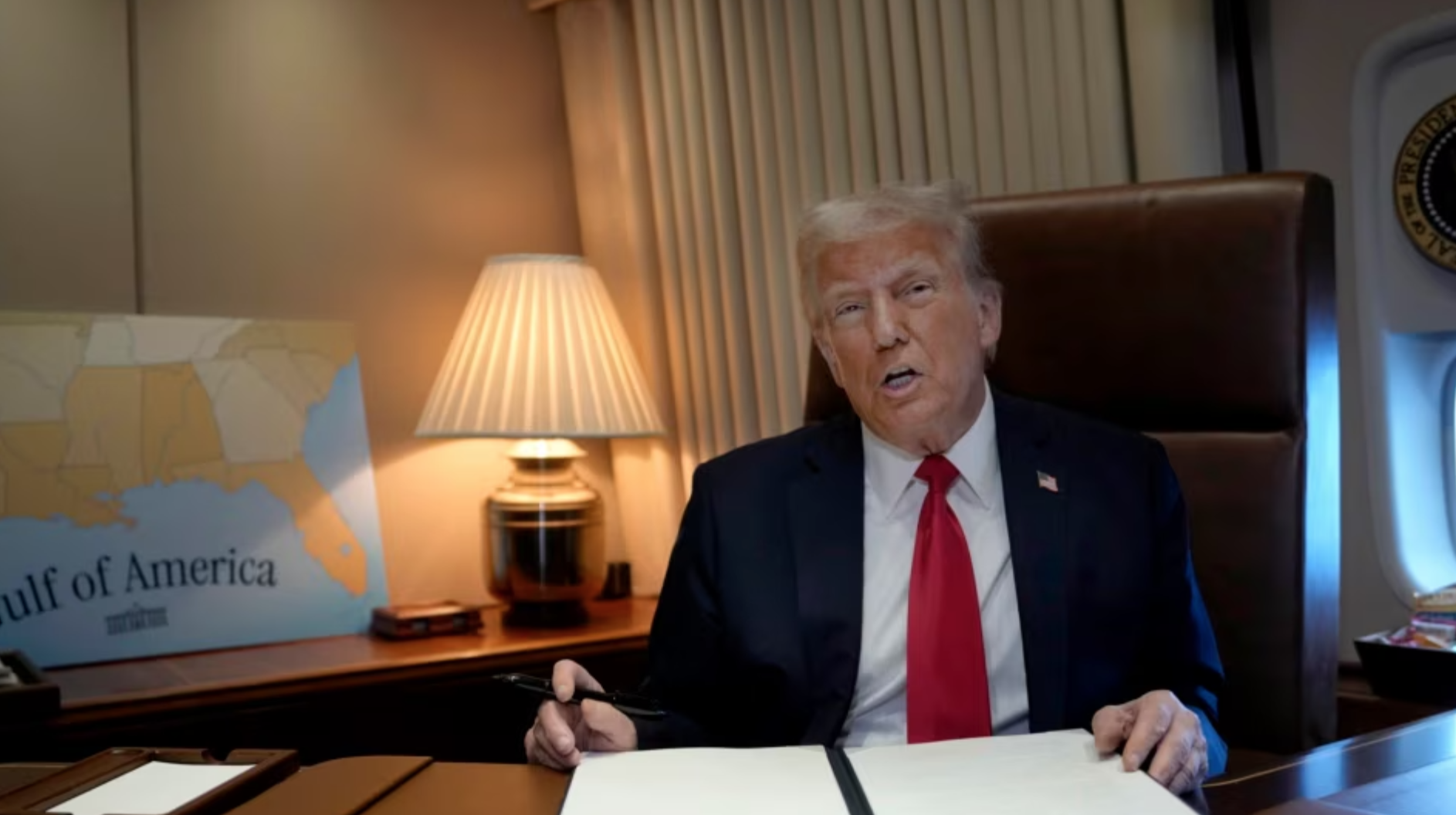Hostage posters Photo: Chen Schimmel/The Jerusalem Post
The Hamas group has not yet handed over the list of hostages to be released on Saturday as part of the ceasefire agreement. Israeli officials warn that if the militants do not fulfil their obligations in the near future, it will be a serious violation of the ceasefire, which could lead to a harsh reaction from Tel Aviv, Ynet News writes.
According to Israeli sources, the authorities put pressure on the mediators – in particular, Qatar and Egypt – to ensure that Hamas complied with the agreements. In addition to the three men whom the terrorists allegedly agreed to release, Israel insists on the return of Shiri Bibas and her two young sons.
Shiri and her children were captured during a Hamas attack on 7 October. In November 2023, the militants claimed that they had been killed, but provided no evidence of this. Concerns about their fate are growing in Israel, and the Israeli Defence Forces (IDF) say the situation is becoming increasingly worrying.
The first stage of the agreement provided for the release of women and children captured by terrorists. Meanwhile, the Israeli delegation is preparing to travel to Qatar for further talks on the truce.
Negotiations on the second phase of the agreement, which provides for the release of all living hostages and a possible IDF withdrawal from Gaza, are currently taking place in Washington. Earlier, the talks were supposed to take place in Doha, but, according to the Israeli government, the discussions are now taking place with the participation of American diplomats.
The situation is complicated by former US President Donald Trump’s statement about the possible resettlement of Palestinians from Gaza to neighbouring countries. Hamas has strongly rejected this idea, which could affect the further exchange of hostages and delay the next stage of the deal.
In addition, Israel’s far-right Finance Minister Bezalel Smotrich threatened to resign from the government if Tel Aviv agrees to the second stage of negotiations, which includes concessions to Hamas. This could lead to a political crisis in the coalition of Prime Minister Benjamin Netanyahu.
The situation is evolving, and further steps depend on the actions of Hamas, as well as on the reaction of international mediators and Israel.

















